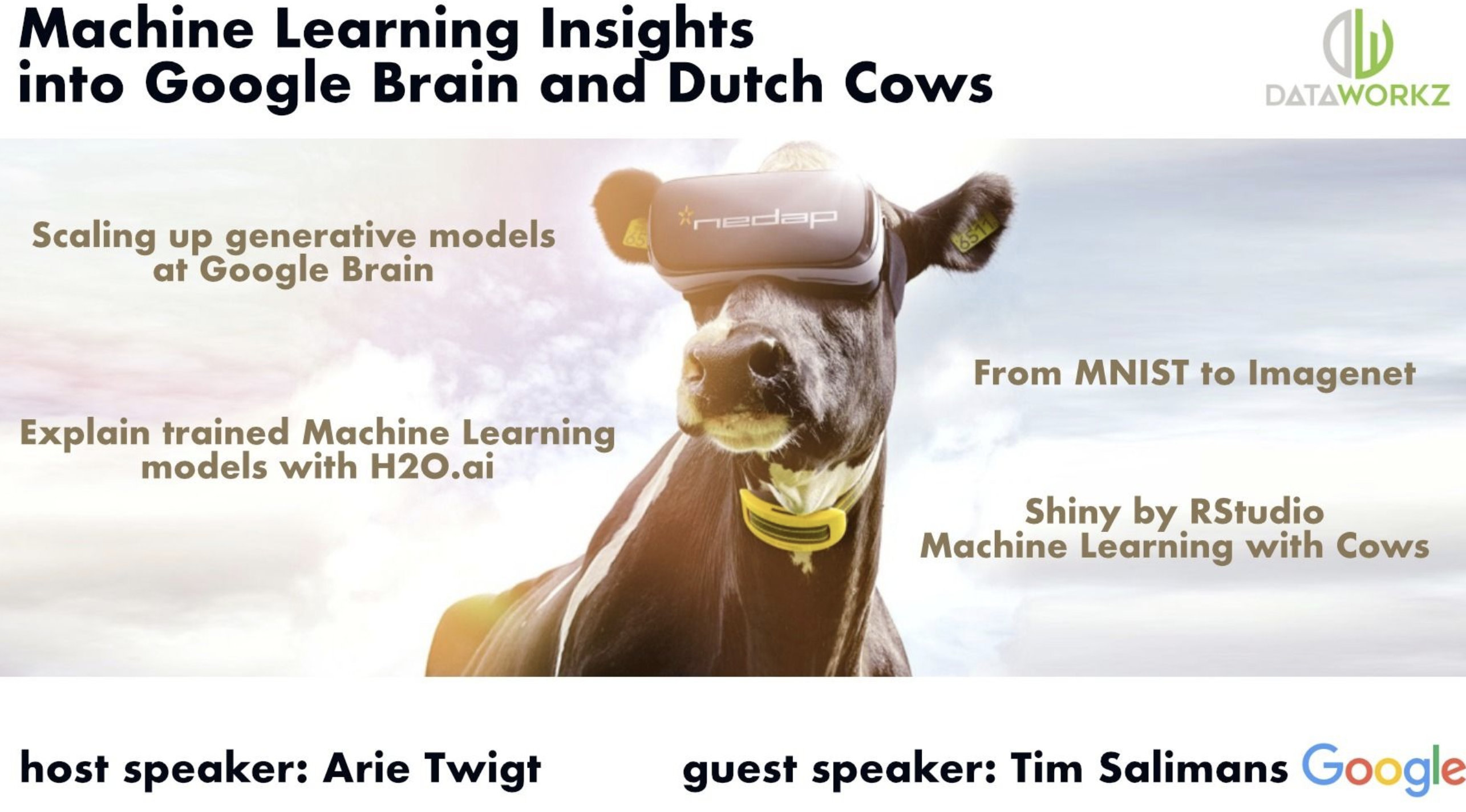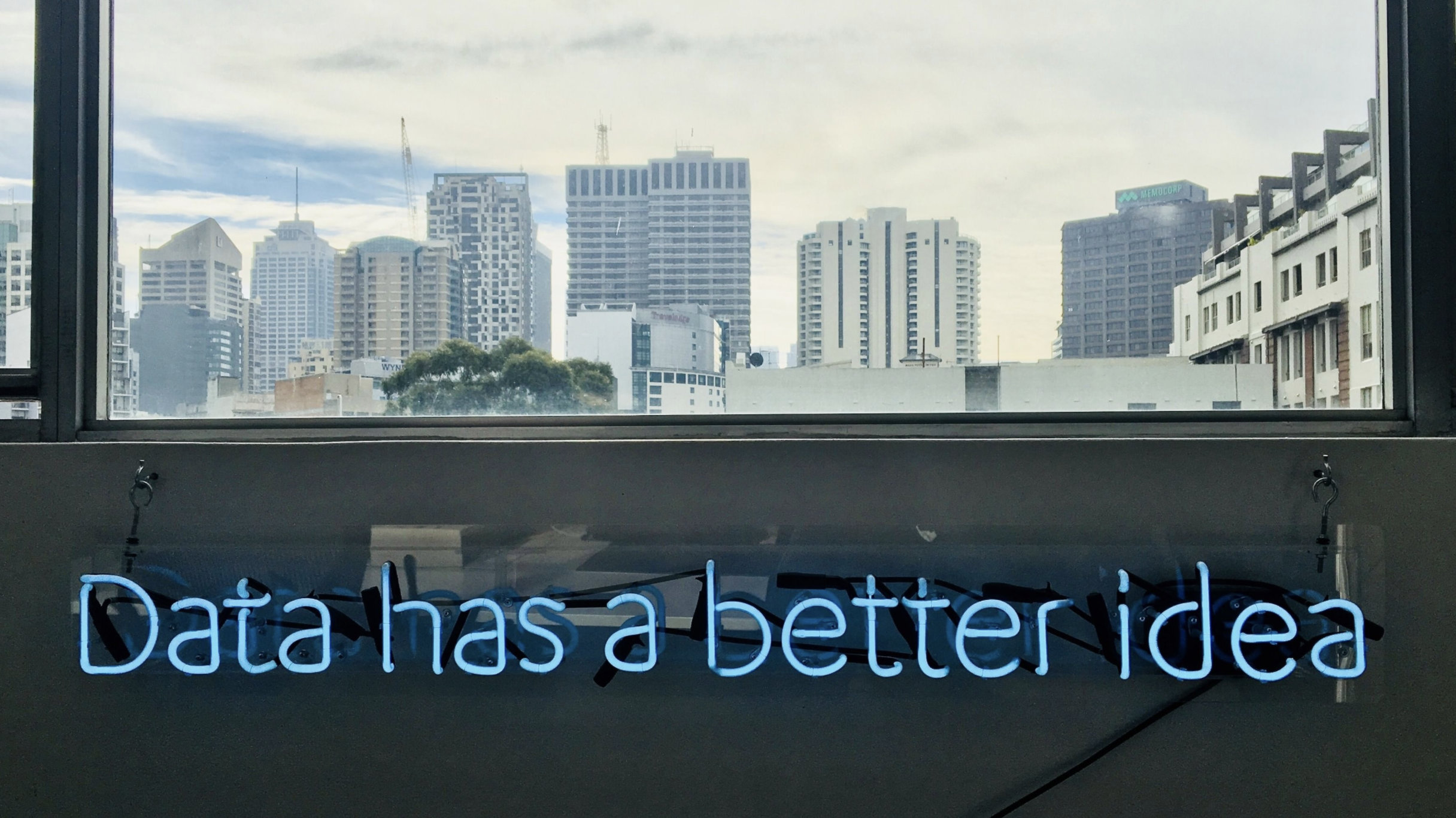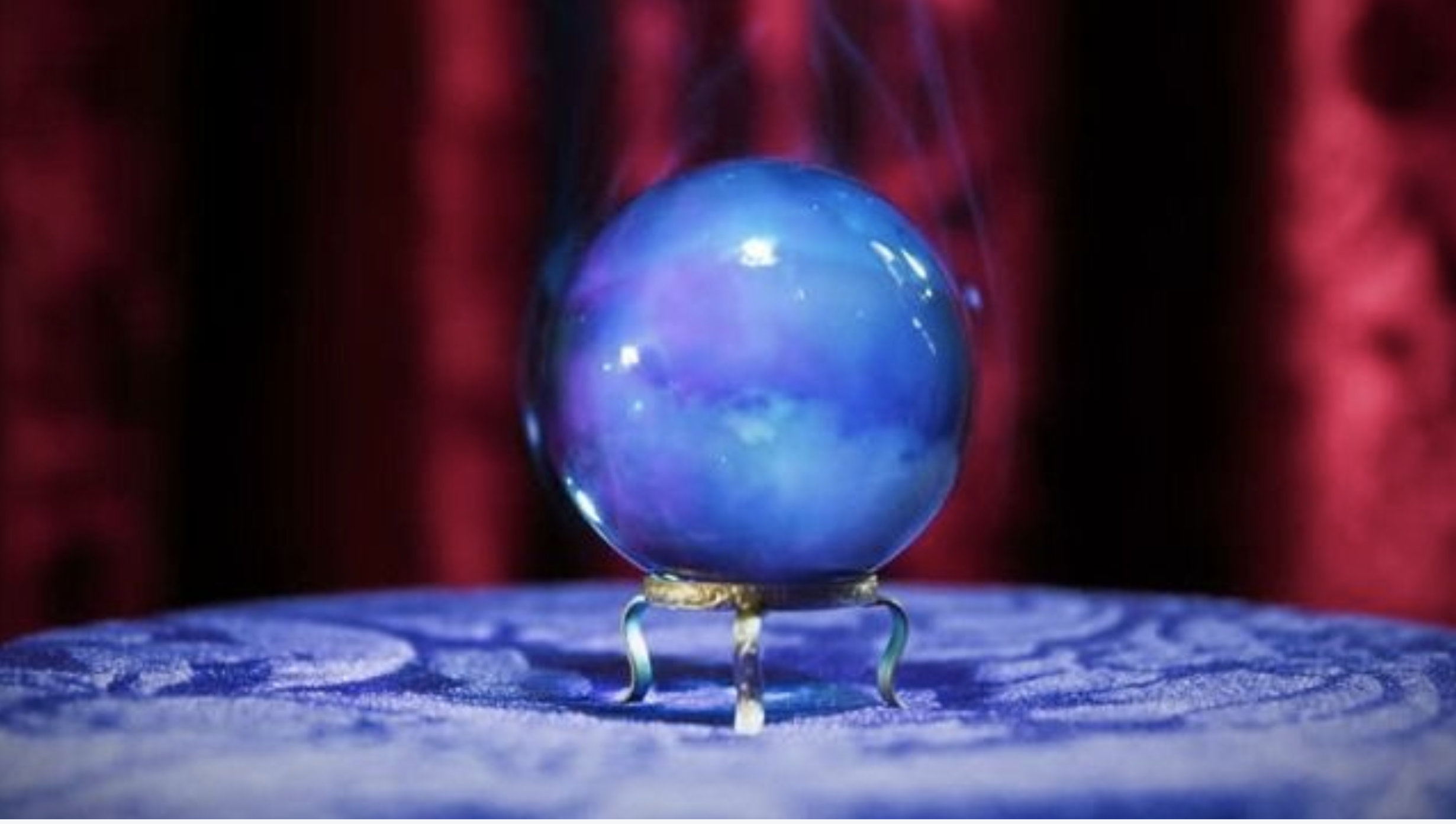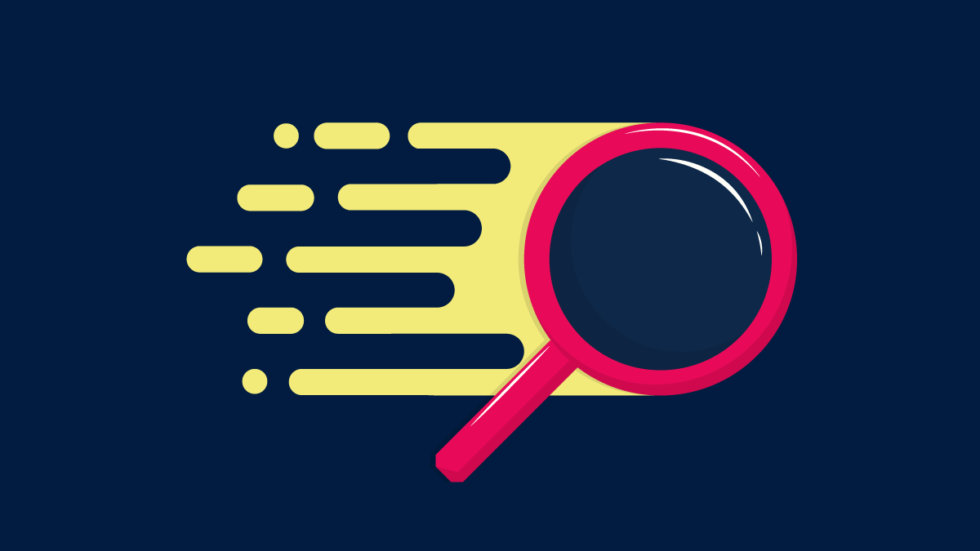Machine Learning Insights into Google Brain and Dutch Cows

What does Google Brain and Dutch cows have in common?
They both generate tons of data and are therefore the center for leveraging cutting edge machine learning and data science techniques.
Tim Salimans from Google will tell you how generative models are scaled up and give you some rare insights into the Google Brain.
Expect some more insights when Arie Twigt will take you to a deep dive into ML/AI and IOT that nedap uses to track cows.
Program:
18:30 food
19:00 talks
21:00 drinks
Talk 1:
Speaker: Arie Twigt
Company: DataWorkz
Applying Machine Learning to cows at Nedap
In this talk we will deep dive into Machine Learning application that uses data collected from cows, Yes! actual living cows.
If you know what wearables like Fitbits are, you might be able to imagine what a neck-tag for a cow is.
Lots of data about the behavior of a cow is generated by those neck tags and that provides the ability to describe en predict different aspects of a cow. I am more than willingly to take you into our journey we are having by gathering valuable information from this data. I will take you into a deep dive of the techniques and tooling we applied like:
- R
- Rcpp
- Shiny by RStudio
- Plotly
- NodeJS
- ReactJS
- Data preparation in dplyr
- Feature Engineering in C++ (with Rcpp)
- Gradient Boosting models
- And many more
About Nedap: Nedap N.V. is worldwide organisation with the Headquarters based in Groenlo with its mission stated as “Moving markets with technology that matters. One of that markets is the Livestock market with dairy farms as one of their target audiences
Talk 2:
Speaker: Tim Salimans
Compay: Google
From MNIST to Imagenet: Scaling up generative models at Google Brain
The field of generative modeling has made enormous strides over the past few years. Generative models, neural networks that generate data rather than just predict their labels, had a hard time modeling the MNIST handwritten digits just three years ago. Now they are generating high fidelity natural images and audio that are hard to distinguish from real data. We were able to make this leap by inventing smarter algorithms (VAEs, GANs, autoregressive models) and by building better hardware (GPUs, TPUs). In this talk I will discuss how these innovations came about, and what new applications and products they are starting to enable.
About Google: Well, you know, Search, Brain… and everything else!


